Basic Life Support (BLS) course teaches the skills, techniques and understanding to provide effective life-saving care to a person in need. These skills are essential to safely assess an emergency situation, and then provide effective medical care during that emergency, whether in the public sphere or in the workplace.
But what exactly are BLS skills, and why is it important for everyone to learn them?
Let’s explore!
What Are BLS Skills?
Basic Life Support skills are designed to assist healthcare professionals and emergency responders when dealing with an emergency. These same skills can also be used in an off-duty emergency. Healthcare professionals and first responders are required to become certified in BLS skills, and then recertify every two years. However, the timeframe for recertification varies based on your location. So, it’s important to always check with the local laws and regulations.
The specific skills that BLS training may include but are not limited to:
- Understanding the importance of personal safety during an emergency
- Contacting and communicating effectively with the emergency services
- Understanding the ‘Primary Survey’ and ‘Chain of Survival’
- Delivering high-quality CPR with chest compressions and rescue breaths
- The safe use of an AED (Automated External Defibrillator)
- Treating someone who is choking
- Dealing with other first aid emergencies such as bleeding and broken bones
- Safety precautions/use of personal protective equipment (PPE)
- The role and responsibilities of the first aider and legal considerations
Why Is It Important to Learn BLS Skills?
BLS skills training teaches participants how to potentially save the life of someone who is unconscious and not breathing. During these life-threatening emergencies a patient’s survival will depend on the first responder: someone like you.
When someone stops breathing (following a cardiac arrest or choking for example) it’s important to think clearly and act quickly. Keeping oxygenated blood circulating around the body is crucial for vital organs to maintain their function. By administering high-quality CPR and using an AED a first aider can greatly increase a casualty’s chance of survival. Medical professionals will arrive and take over, but your BLS training will have been the first, and perhaps most important step in the casualty’s survival and on-going recovery.
Enhance Your Resume with BLS Training
In addition to being well prepared, having BLS skills can enhance your employability. Employers often seek candidates who are professionally trained and proficient in life-saving skills. Job opportunities may include lifeguarding, firefighters, police officers, teachers and many others. Even if BLS training isn’t required for your profession, adding this skill to your resume will appeal to your current or any future employer. Completing a BLS course will not only license you to act in an emergency, but also give you the confidence to do so effectively.
Get Your BLS License & Develop Your Skills with Blueguard
Having Basic Life Support skills is key to preserving a casualty’s life during a medical emergency. BLS is also an important ‘life skill’. You may use what you learn on a Blueguard course in the workplace, the home, or in the shopping mall. After all, you never know when a life-threatening emergency will happen!
Whether you are looking to learn BLS skills for personal or professional reasons (for example to become certified as a lifeguard) Blueguard has training opportunities that will enhance your knowledge, skills, and employability.
Join us today to learn more about our first aid courses, lifeguarding courses, and business consultancy opportunities.
